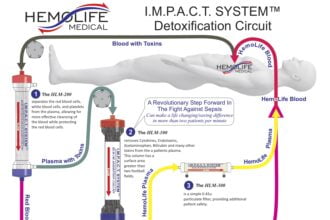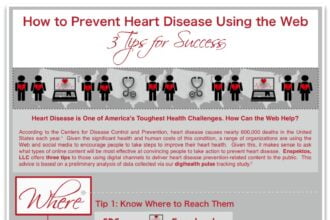Most people know that sugary cola drinks have no nutritional benefits, promote weight gain, obesity and diabetes, and contain caffeine, a mildly addictive stimulant. Some people know these drinks contain phosphoric acid, which promotes tooth decay and bone loss, especially in females. But until last week, almost nobody knew that the artificial brown “caramel” coloring that gives cola drinks their familiar appearance contains carcinogens.
How can something as apparently benign as caramel coloring contain cancer-causing agents? Isn’t caramel coloring derived from caramel, that simple homemade treat created by melting sugar in a saucepan?
It turns out that there are several ways to create caramel coloring. The one used to create the caramel coloring found in Coca-Cola, Pepsi, and other foods involves chemical processes that include ammonia. This particular process produces so-called Caramel IV and a pair of byproducts, 2-methylimidazole and 4 methylimidazole, which have been shown to cause cancer of the liver, lung and thyroid, as well as leukemia in laboratory animals.
The disquieting news came in the form of a regulatory petition filed by the Center for Science in the Public Interest, which also called for the FDA to ban these substances from food and drinks that are consumed by US consumers.
The petition cited studies from the National Toxicology Program which provided “clear evidence” that both substances are animal carcinogens. It also cited studies by scientists at UC Davis, which found the chemicals in several popular cola brands.
“Carcinogenic colorings have no place in the food supply, especially considering that their only function is a cosmetic one,” CSPI executive director Michael Jacobson said in a press release. “The FDA should act quickly to revoke its approval of caramel colorings made with ammonia.”
“Most people would interpret ‘caramel coloring’ to mean ‘colored with caramel,’ but this particular ingredient has little in common with ordinary caramel or caramel candy,” Jacobson continued. “It’s a concentrated dark brown mixture of chemicals that does not occur in nature. Regular caramel isn’t healthful, but at least it is not tainted with carcinogens.”
Several experts on animal carcinogenesis joined CSPI in asking the FDA to ban Caramel IV from foods and beverages. “The American public should not be exposed to any cancer risk whatsoever as a result of consuming such chemicals, especially when they serve a non-essential, cosmetic purpose,” these experts wrote in a letter to FDA Commissioner Margaret Hamburg.
In a related development, California health officials recently added 4 methylimidazole to its list of “chemicals known to the state to cause cancer.” The state’s Proposition 65 requires that foods or beverages containing more than certain amounts of cancer-causing chemicals must carry warning labels. In the case of 4 methylimidazole, the state has established 16 micrograms per person per day from a particular product as the level that would trigger the need for a label.
Most cola brands contain about 200 micrograms of 4 methylimidazole per 20-ounce bottle. Many people consume far more than that each day. It’s quite possible therefore, that cola products sold in that state will soon have to have a cancer warning label…unless, of course cola producers opt for a kind of “caramel coloring” produced using a non-ammonia-dependent process.
NOTE: CSPI added in its release that the 10 teaspoons of calorie-leaden sugars in each can of non-diet cola constitutes a larger health risk than 4 methylimidazole. Still, CSPI estimated that the carcinogen was probably responsible for “causing thousands of cancers in the U.S. population.” For people who needed another reason to kick the cola habit, here it is.







